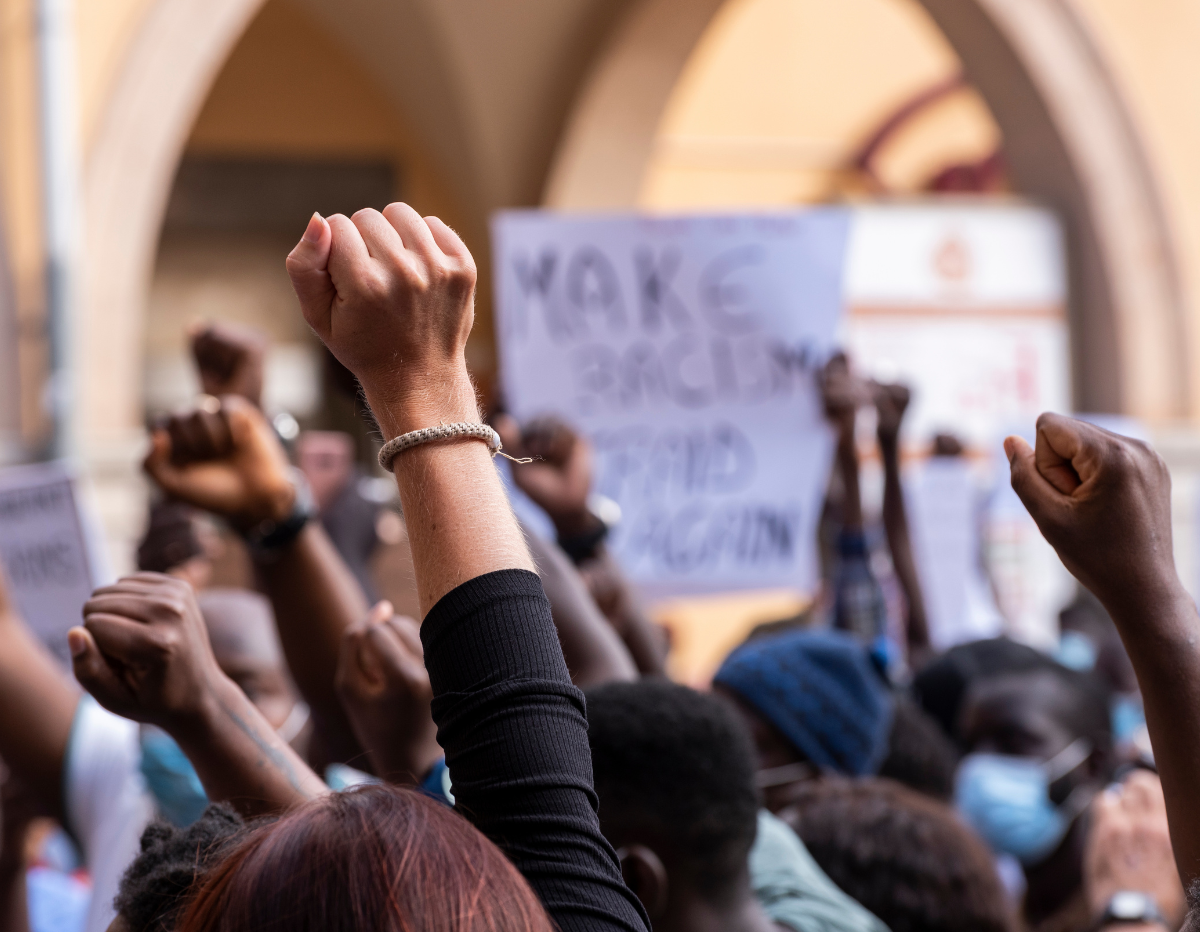
As I sat down to watch “Reimagining Safety” on Amazon Prime, I expected a typical documentary on police reform. However, what I witnessed transcended mere critique; it offered a profound examination of the historical roots and societal impact of policing in America. Rather than providing a summary of the film, I feel compelled to share my reflections on the urgent need for change.
The film highlights the need for community-based solutions to address the systemic issues ingrained within law enforcement. It challenges us to confront the uncomfortable truths about the origins of policing in America. From the slave patrols of the antebellum South to the present-day manifestations of racial bias and violence, the institution of policing has been historically intertwined with the suppression and control of marginalized communities, specifically of Black and Brown communities.
Central to this discussion is the notion of reallocating resources and funding the community through essential social services such as housing, education, and mental health support. It’s a call to recognize that investing in these areas not only enhances public safety but also addresses the root causes of crime and social unrest.
The film sheds light on the deficiencies within police training programs. These programs vary in length and content. Some try to prepare officers for crisis responses, and others hope for the best. One consistency throughout is the emphasis on militarization and punitive measures that perpetuate a cycle of violence and distrust, particularly among Black and Brown communities who bear the brunt of over-policing and brutality.
The murder of George Floyd served as a catalyst for widespread public outcry and demands for accountability. It laid bare the realities of police violence and the urgent need for systemic change. However, the subsequent calls for reform, such as increased training and body cameras, fall short in addressing the underlying issues of systemic racism and bias ingrained within the institution of policing.
Fundamentally, policing is not just a practice but an ideology rooted in notions of punishment and control, disproportionately targeting marginalized communities. This punitive approach perpetuates a cycle of incarceration and violence, sustaining fear and mistrust within communities.
The uprising following George Floyd’s killing launched a movement to redefine public safety and challenge the status quo. It’s a call to reimagine a world where we have to rely on policing far less and we invest in community-based strategies focused on prevention, intervention, and restorative justice.
As Audre Lorde eloquently stated, “Without community, there is no liberation.” It’s a reminder that true liberation necessitates collective action and solidarity. To truly ensure the safety and well-being of all members of society, we must invest in community-based solutions that prioritize compassion, accountability, and justice for all.



